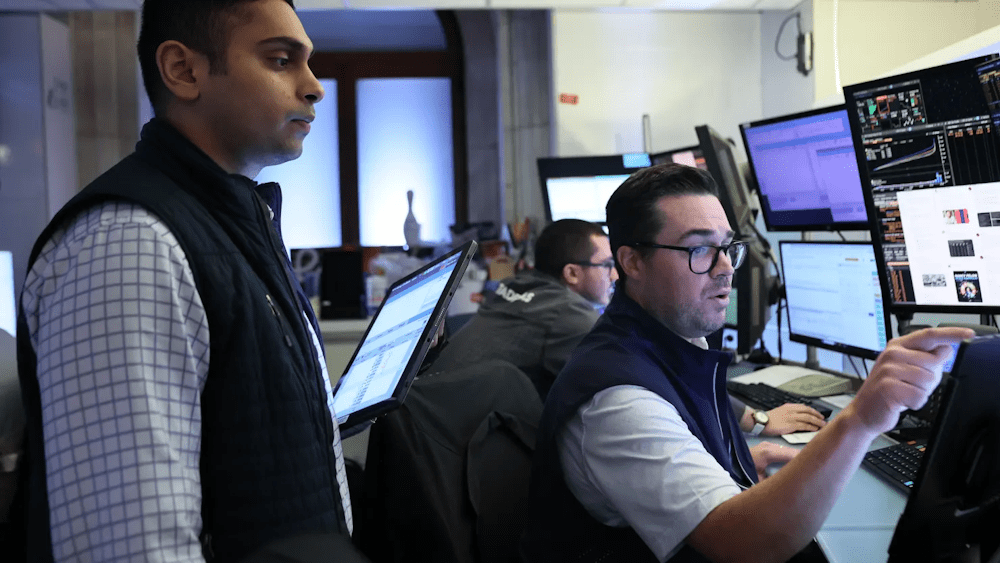
Equities declined on Friday as investors opted to realize some gains ahead of a long weekend, following a recent record high in the S&P 500 and robust earnings reported by Nvidia this week. Recent inflation data indicated that increasing prices remain a concern as we approach the new month. The S&P 500 concluded the day with a decline of 0.64%, settling at 6,460.26, yet it managed to achieve its fourth consecutive month of gains. The Nasdaq Composite experienced a decline of 1.15%, concluding at 21,455.55, whereas the Dow Jones Industrial Average decreased by 92.02 points, representing a 0.20% drop, to close at 45,544.88.
Core PCE, a crucial inflation metric monitored by the Federal Reserve that omits food and energy prices, rose by 2.9% in July, aligning with expectations yet reflecting an acceleration from the previous month and marking the highest level since February. “The Fed opened the door to rate cuts, but the size of that opening is going to depend on whether labor-market weakness continues to look like a bigger risk than rising inflation,” stated Ellen Zentner, chief economic strategist. “The PCE Price Index, which aligns with expectations, will maintain attention on the labor market.” The current probabilities continue to suggest a reduction in September.
Considering that equities faced downward pressure prior to the PCE print, Baird’s Ross Mayfield posits that the day’s decline is largely attributable to the market’s recent performance. Equities are emerging from a successful trading session, as the S&P 500 concluded above the 6,500 threshold for the first time on Thursday. “The PCE number was fine, but there’s a bit of an earnings overhang and maybe just a little profit-taking after hitting an all-time high,” stated the firm’s investment strategist in an interview.
Despite the losses observed on Friday, the indexes concluded August with robust gains. The 30-stock Dow recorded an increase exceeding 3% in August, whereas the S&P 500 noted an almost 2% rise. The tech-heavy Nasdaq recorded a gain of 1.6% in August. The market reached new peaks as it approached a long weekend and a month that has traditionally been unfavorable for major benchmarks. September marked the most significant decline for the S&P 500, Dow, and Nasdaq since 1950. Notably, the S&P 500 has exhibited particularly poor performance in September over the past decade, according to Bespoke. The broad market index experiences a decline of 0.7% for the month.
Nvidia experienced a notable decline on Friday, with shares continuing their recent downward trend, registering a drop of over 3%. That follows the report from the Wall Street Journal indicating that Chinese e-commerce giant Alibaba has developed a more advanced chip, aiming to address the void created by Nvidia’s challenges in selling its chips in China. U.S. shares of Alibaba experienced an increase of approximately 13%. Nvidia concluded the trading session on Thursday with a modest decline, despite announcing a robust 56% revenue growth for the previous quarter, thereby largely affirming the AI investment thesis for stakeholders.
Furthermore, concerns regarding tariffs have resurfaced in light of some disconcerting remarks. Caterpillar, for instance, cautioned that it might experience a financial impact ranging from $1.5 billion to $1.8 billion this year due to President Donald Trump’s tariffs, resulting in a decline of over 3% in its shares. Gap has also recently indicated that tariffs will exert pressure on profits. Mayfield indicated that those two updates might be contributing to the prevailing downbeat sentiment on Friday.
